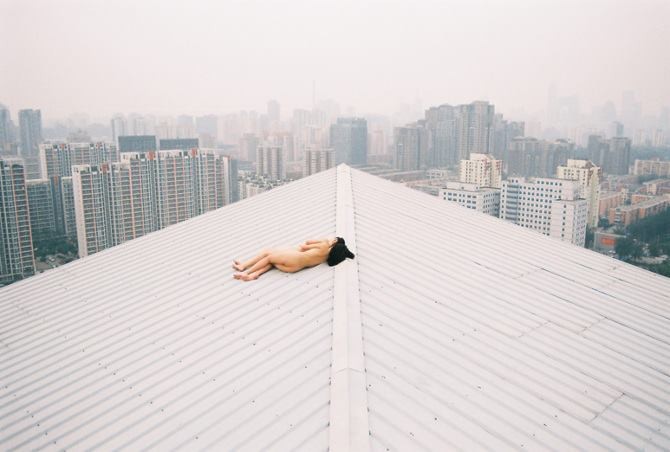For years, young photographer Ren Hang played an important role in Chinese youth culture, inspiring other Chinese artists with his work. In an article by Observer, writers Josh Feola and Michael Pettis examine the effects Ren Hang’s death will have on China’s arts and culture scene.
Ren Hang, who originated from the rustbelt province of Jilin in northeastern China, rose to prominence in the art world with his photographs when he attended university in Beijing, only 19 years old.
It would only take a few years for Ren Hang to captivate Chinese youth culture and become one of the most well-known and interesting Chinese photographers, even in international circles.
Among friends, Ren Hang was described to be “someone who loved music, loved to go out, enjoyed hanging out with friends and working at a manic pace,” musician Helen Feng shared with Observer.
His influence was only fully realized when he died at age 29.
According to Geola and Pettis, Ren Hang was instrumental in Chinese art and culture. His generation of Chinese artists and musicians filled the void that was created by China’s massive transformation.
Ren made waves for being gay and for his choice of photographic subjects, often nude figures. Due to the graphic nature of his work, conservative Chinese labeled his work as anti-social and pornographic.
Meanwhile, Western fans and critics alike tried to connect Ren Hang’s body of work with dissident artists like Ai Weiwei--a comparison Ren rejected because he did not understand the comparison.
Ultimately, Ren Hang’s work showed China’s urban youth and their struggles against societal pressure and the “narratives assigned to them by their families or Western observers.” Without Ren, Chinese urban youth have one less voice to fight for them.




























